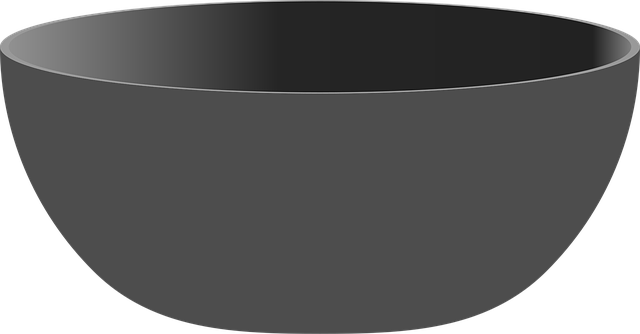Selecting a water heater involves considering type (tank vs tankless), size, energy efficiency, and features. Proper ongoing maintenance, including anode checks, sediment cleaning, professional inspections, and monitoring connections & usage, is vital for optimal performance, longevity, safety, and reliable hot water supply, regardless of heater type. This proactive care aligns with water heater selection needs, extending lifespan and preventing breakdowns.
Considering a new water heater? It’s not just about capacity or energy efficiency. Regular maintenance is key for optimal performance and longevity. This guide breaks down everything you need to know about understanding and meeting your water heater’s maintenance requirements. From identifying common issues to essential care tips, we’ll help you make informed decisions. Moreover, we’ll delve into the crucial aspect of water heater selection, ensuring you choose the best model tailored to your needs.
- Understanding Heater Maintenance Needs
- Regular Care for Optimal Performance
- Water Heater Selection: Key Considerations
Understanding Heater Maintenance Needs

Choosing the right water heater is just the first step; understanding its maintenance needs is crucial for optimal performance and longevity. Regular upkeep is essential to ensure your heater functions efficiently and safely. Maintenance typically involves a combination of self-care tasks and professional inspections.
One key consideration is checking and cleaning the heater’s components regularly. This includes examining the anodes (which protect the tank from corrosion) and replacing them as needed, along with flushing the system to remove sediment buildup. Professional maintenance should also be scheduled periodically to assess the heater’s overall condition, check for leaks, and ensure it meets safety standards. Proper maintenance not only extends the lifespan of your water heater but also prevents unexpected breakdowns and potential hazards.
Regular Care for Optimal Performance

Regular care is essential for maintaining optimal performance in any water heater, regardless of its type or capacity. A simple yet effective maintenance routine can significantly extend the lifespan of your heater and ensure consistent hot water supply throughout the year. Start by scheduling periodic cleaning to remove sediment buildup, which can impair heating efficiency. This is especially important for tank-based heaters, as sediment accumulation can lead to reduced hot water output and increased energy consumption.
Additionally, inspect connections for any signs of corrosion or leaks, addressing these issues promptly to prevent damage to your heater and potential water damage to your home. Keep an eye on energy usage, too; unusual spikes could indicate a problem that requires professional attention. Regular care not only optimizes performance but also ensures the safety and reliability of your water heater, giving you peace of mind in the comfort of your home. When considering water heater selection, remember that proper maintenance is key to longevity.
Water Heater Selection: Key Considerations

When selecting a water heater, several key considerations come into play. Firstly, decide on the type of water heater that best suits your needs—tank or tankless. Tank heaters store hot water, suitable for larger households or those requiring consistent hot water availability. Tankless heaters, on the other hand, heat water on demand, saving energy but may struggle to meet peak demand.
Size and capacity are also critical factors. Consider your household size and typical water usage patterns to ensure the heater can keep up without constantly running. Energy efficiency is another vital aspect; look for models with high energy factor ratings to reduce long-term costs and environmental impact. Additionally, consider features like smart controls, which allow you to monitor and adjust temperature remotely, enhancing convenience and saving.
